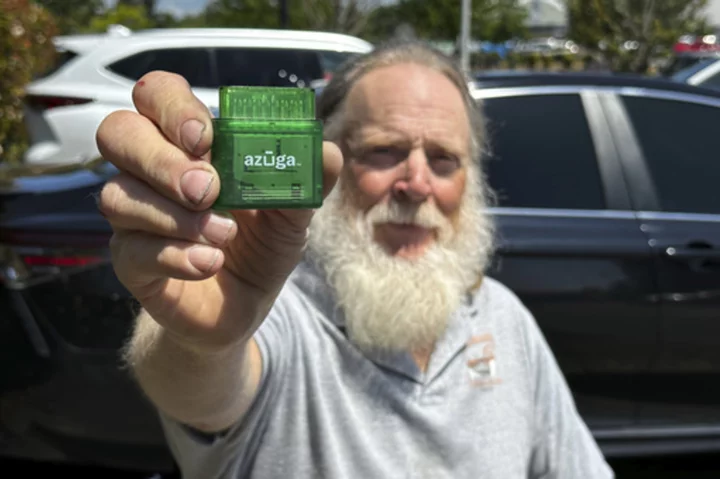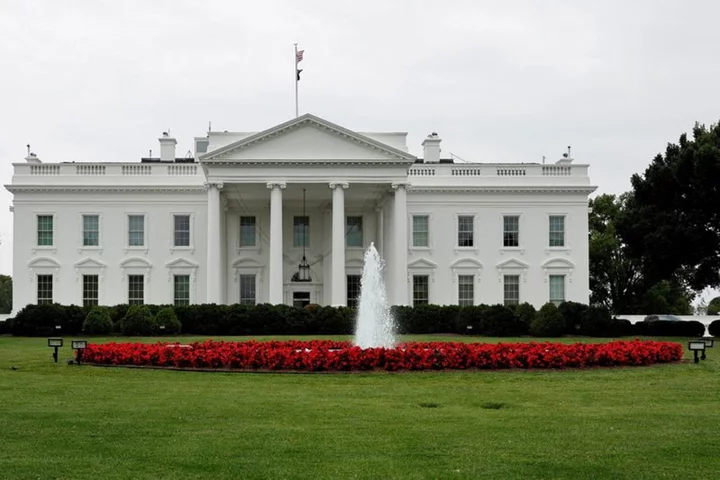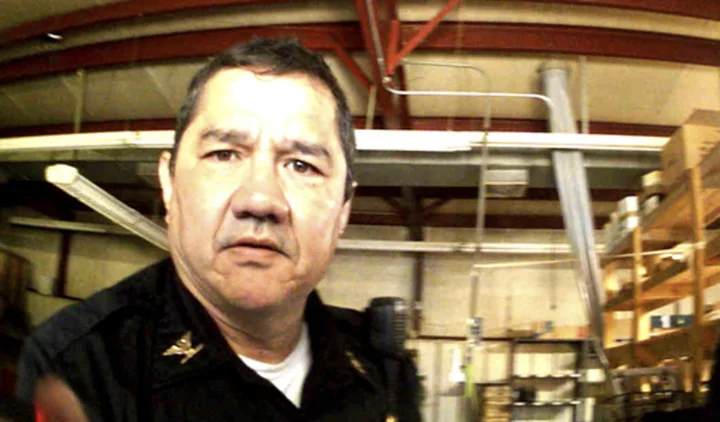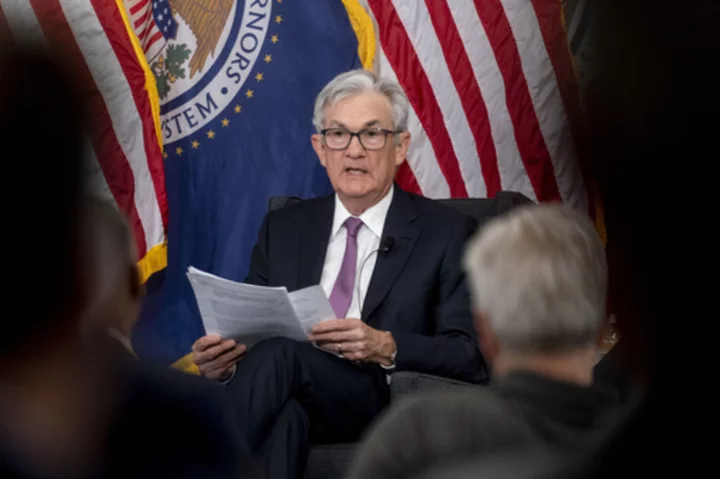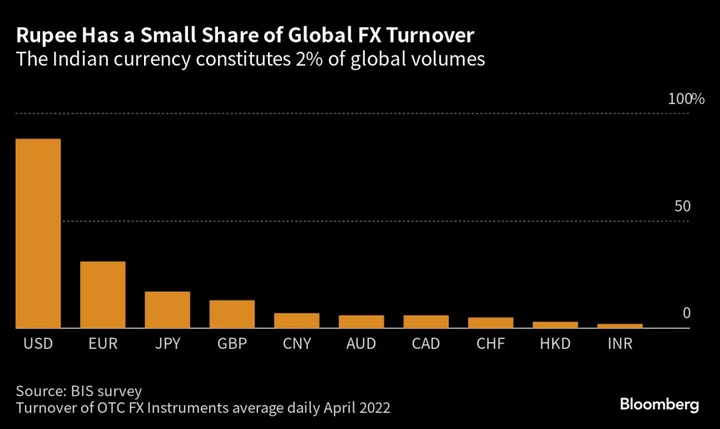LONDON (AP) — Prince William launched a five-year project to end long-term homelessness in the United Kingdom on Monday, saying he wants to make sure that instances of people being left without a roof over their heads are “rare, brief and unrepeated.”
The heir to the throne will announce details of the program over the next two days as he visits six pilot projects around the country that have received grants of up to 500,000 pounds ($637,000) each from the Royal Foundation, the charity that supports the work of William and his wife.
“It’s a big task, but I firmly believe that by working together it is possible to make homelessness rare, brief, and unrepeated, and I am very much looking forward to working with our six locations to make our ambition a reality,” William said in a statement.
The six projects supported by the initiative, known as Homewards, involve collaborative efforts by local organizations, individuals and businesses to combat homelessness in their communities. Homewards also hopes to emulate the success of Finland, where people receive permanent housing as a first step before trying to address other issues such as substance abuse.
The initiative comes as rising rents and a shortage of affordable housing push more people into homelessness amid the biggest decline in living standards since World War II.
“My first visit to a homelessness shelter was when I was 11 with my mother. The visits we made, left a deep and lasting impression,'' William said as he launched the program.
“I met so many extraordinary people and listened to so many heart-breaking personal stories. Too many people have found themselves without a stable and permanent place to call home.''
Around 300,000 people across the U.K. are homeless on any given night, according to Matt Downie, chief executive of the charity Crisis, one of the organizations working with Homewards.
“The best way to tackle homelessness is to stop it happening in the first place,” Downie said. “We’ve seen it in other countries such as Finland, where homelessness is all but ended, and we’ve seen it when we follow innovative programs that give people housing first.”


